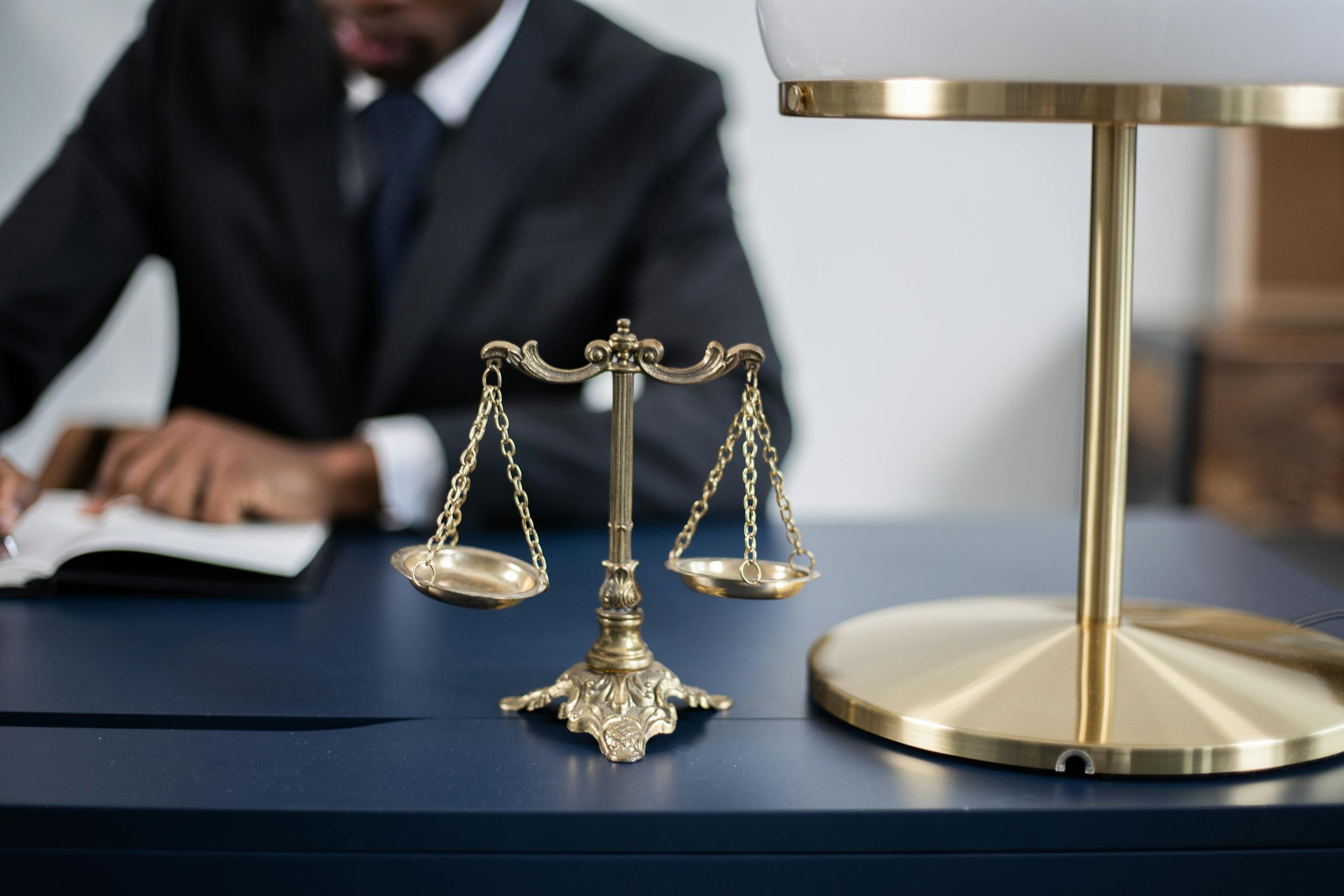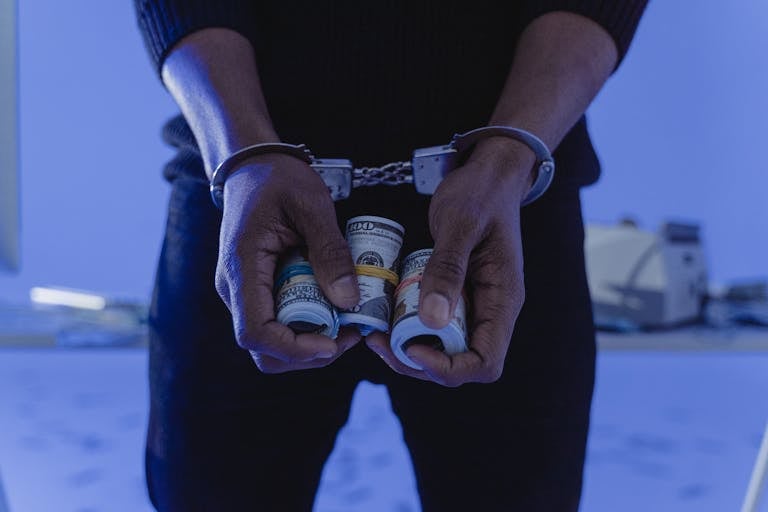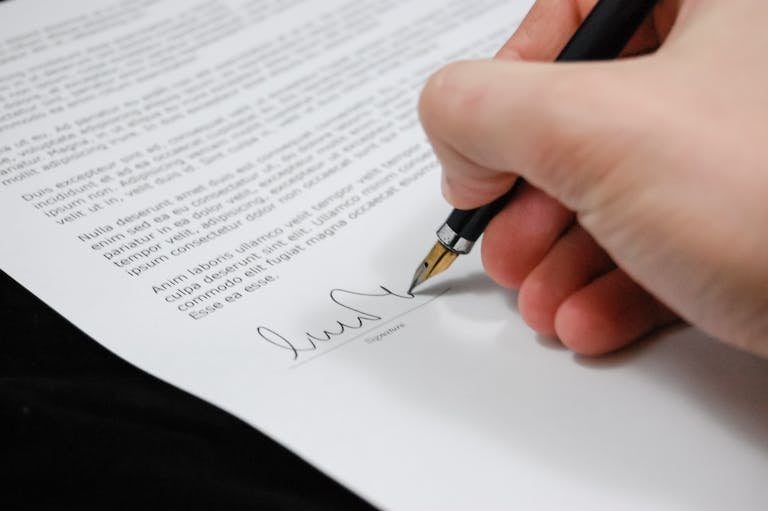What Happens After Indictment? (Step by Step Process) Part 1 & 2
Introduction – Part 1
Welcome to the criminal justice process, ya’ll! Come with me as we navigate a criminal case, in order to answer a question that’s probably keeping at least a few people up at night: “What happens after indictment?“
If you’ve ever wondered what goes down with grand jury proceedings, as they drop the legal equivalent of a mic (that’s the indictment, folks), you’re in the right place.
We’re about to embark through the twists and turns of the post-indictment grand jury process. It’s like a road trip but with more courtrooms and fewer snack breaks. So buckle up!
So, You’ve Been Indicted. Now What?
Picture this: you’re minding your own business, perhaps enjoying a lovely cup of coffee or planning your next Netflix binge, when suddenly – BAM! – you’re handed an indictment. It’s like getting picked for the world’s worst lottery. But fear not my legally troubled friend, as I’m here to guide you through what happens next.
Step 1: Arraignment – The Legal “Hello, World!”
The first stop on our post-indictment journey in the criminal justice system is the arraignment. This is where you’ll make your grand debut in court, kind of like a debutante ball, but with less dancing and more legal jargon.
During the arraignment:
- The charges against you (alleged crime) will be formally read (spoiler alert: they’re not reading you your horoscope)
- You’ll enter a plea (guilty, not guilty, or “no contest” if you’re feeling feisty)
- The judge will decide on bail or release conditions (sorry, no “get out of jail free” cards here)
Fun fact: In some jurisdictions, you might be asked, “How do you plead?” Pro tip: “I plead the Fifth” is not an acceptable answer at this stage. Save that for later!
Step 2: Pretrial Motions – The Legal Chess Game
Next up, we have pretrial motions. This is where the lawyers (prosecution and your defense attorney) flex their legal muscles and try to outsmart each other. It’s like a chess game, but instead of “checkmate,” they yell “Objection!”
Common pretrial motions include:
- Motion to dismiss (the legal equivalent of saying “Nuh-uh!”)
- Motion to suppress evidence (because what the eye doesn’t see, the jury can’t convict)
- Motion for a change of venue (in case you prefer your justice served in a different zip code)
Step 3: Plea Bargaining – Let’s Make a Deal!
Ah, plea bargaining – the art of negotiating freedom, criminal justice style. This is where the prosecution and defense try to strike a deal faster than you can say “habeas corpus.”
Plea bargains can result in:
- Reduced criminal charges (from “Grand Theft Auto” to “Unauthorized Borrowing of a Vehicle”)
- Lighter sentences (because who doesn’t love a good discount?)
- Dropped formal charges (poof! Like they never happened)
Remember, kids: a plea bargain is the only time when bargaining for your freedom is socially acceptable!
Step 4: Trial – The Main Event
If a plea agreement deal isn’t reached, it’s time for the main event: the criminal trial. This is where all those courtroom dramas you’ve been binging come to life.
The criminal trial process includes:
- Grand Jury selection (a.k.a. “Musical Chairs: Justice Edition”)
- Opening statements (where legal counsel channel their inner storytellers)
- Presentation of evidence (CSI, eat your heart out)
- Witness testimony (because everyone loves a good story)
- Closing arguments (the legal equivalent of a mic drop)
- Grand jury deliberation (where 12 strangers decide your fate over stale coffee and vending machine snacks)
Step 5: Verdict and Sentencing – The Moment of Truth
Finally, we reach the verdict. It’s like waiting for exam results, but with higher stakes and less opportunity for a re-sit.
If found guilty:
- The judge will determine the sentence (plot twist: it’s not community service at Disneyland)
- You may be able to appeal the decision (because everyone deserves a second chance, right?)
If found not guilty:
- Congratulations! You’re free to go (and maybe consider a less exciting hobby)
Real-Life Examples: When Indictment Hits the Fan
Let’s look at some real-life examples to see how this process plays out in the wild:
- The Martha Stewart Saga: In 2003, domestic diva Martha Stewart was indicted for securities fraud and obstruction of justice. Post-indictment, she went through arraignment, pretrial motions, and ultimately a grand jury trial. The result? Five months in prison and five months of home confinement. The lesson? Insider trading is not a good thing.
- The Enron Escapade: After the energy giant’s spectacular collapse, several executives were indicted for fraud and conspiracy. The post-indictment process involved complex pretrial motions, plea bargains (some took deals, others didn’t), and high-profile trials. The result was a mixed bag of convictions, acquittals, and enough material for a Hollywood movie.
- The Varsity Blues Scandal: In 2019, dozens of wealthy parents were indicted in a college admissions bribery scheme. The post-indictment process saw a flurry of plea bargains, with some parents (like actress Felicity Huffman) taking deals, while others (like Lori Loughlin) initially fought the charges before eventually pleading guilty. The outcomes ranged from a few weeks in prison to several months.
Your Rights: The Legal Shield (Part 2)
Being indicted doesn’t mean you’re left high and dry. In fact, you’ve got more rights than a VIP at a rock concert. Let’s break them down:
- Right to Counsel: You have the right to an criminal defense attorney (legal representation) faster than you can say “objection!” If you can’t afford one, the court will appoint a public defender. It’s like getting a free legal GPS for the criminal justice system maze.
- Right to a Speedy Trial: The Sixth Amendment guarantees you a speedy trial. However, “speedy” in legal terms might not be as quick as your Amazon Prime delivery.
- Right to Remain Silent: You have the right to keep mum and not incriminate yourself. It’s the only time when being a quiet mouse is actually beneficial!
- Right to a Jury Trial: You can choose to have your case heard by a jury of your peers. Think of it as a really intense book club where your freedom is the topic of discussion.
- Right to Confront Witnesses: You have the right to cross-examine witnesses against you. It’s like a verbal jousting match, but with higher stakes.
- Right to Present Evidence: You can present all the evidence, and review evidence presented in your defense. It’s your chance to play detective and present your side of the story.
- Presumption of Innocence: You’re innocent until proven guilty (beyond a reasonable doubt). It’s not just a catchy phrase; it’s your constitutional right!
FAQs: Because Everyone Has Questions
Now, let’s tackle some frequently asked questions about indictments. Think of this as the “Indictment for Dummies” section (no offense intended).
- Q: What exactly is an indictment? A: An indictment is a formal accusation of a serious crime, issued by a grand jury. It’s like getting a very unwelcome invitation to a legal party.
- Q: Can I be indicted without knowing about it? A: Yes, indictments can be sealed and kept secret until law enforcement agencies are ready to make an arrest. Surprise parties are fun; surprise indictments, not so much.
- Q: Does an indictment mean I’m guilty? A: Absolutely not! An indictment is just an accusation in a criminal case. Remember, you’re innocent until proven guilty (see rights above).
- Q: Can an indictment be dismissed? A: Yes, indictments can be dismissed for various reasons, such as lack of sufficient evidence or procedural errors. It’s like getting a “get out of jail free” card but with more legal paperwork.
- Q: How long does the indictment process take? A: The length can vary greatly depending on the complexity of the case. It could be weeks, months, or even years. The legal system operates in its own special time zone.
- Q: Can I travel after being indicted? A: It depends on the conditions set by the court. You might need permission, kind of like asking for a hall pass in high school, but with more serious consequences.
- Q: Will an indictment show up on a background check? A: Generally, yes. Indictments are public records unless sealed by the court. It’s like a legal tattoo on your record.
The Indictment Timeline: A Journey Through Justice
Now, let’s map out the indictment process from start to finish.
- Investigation (Pre-Indictment)
- Law enforcement gathers enough evidence
- Prosecutors review the case
- Grand Jury Proceedings
- Prosecutors present evidence to the grand jury
- The grand jury determines whether to indict
- Indictment Issued
- If the grand jury votes to indict, the indictment is filed with the court
- Arrest or Summons
- The accused is either arrested (arrest warrant) or summoned to appear in court
- Initial Appearance
- First court appearance
- The judge informs the accused of charges and rights
- Arraignment (as mentioned in Part 1)
- Formal reading of charges
- The defendant enters a plea (not guilty plea or or guilty plea)
- Pretrial Proceedings
- Discovery: Sharing of evidence between prosecution and defense
- Pretrial motions filed and heard
- Plea Bargaining (if applicable)
- Negotiations between prosecution and defense
- Trial
- Jury selection
- Opening statements
- Presentation of evidence
- Closing arguments
- Jury deliberation
- Verdict
- Grand jury or judge delivers the verdict
- Sentencing (if found guilty)
- The judge determines the sentence
- Appeals Process (if applicable)
- The defendant may appeal the verdict or sentence
Remember, this timeline can vary depending on the specifics of each case. Some steps might be quicker than others, and some cases might take detours along the way.
Conclusion: Armed with Knowledge
There you have it! A comprehensive look at your rights during the indictment process, answers to some burning questions, and a roadmap of the journey from investigation to verdict.
Remember, an indictment is just the beginning of the legal process, not the end. It’s like the opening credits of a movie – there’s still a whole lot of action to come.
Whether you’re facing an indictment, know someone who is, or are just a curious citizen, understanding this process is key to navigating the complex world of criminal justice.
So the next time you hear about an indictment in the news, you can nod sagely and say, “Ah yes, I wonder what their arraignment will be like.” Just try not to sound too smug about it.
While we hope you never have to use this information personally, understanding your rights and the indictment process is crucial for every informed citizen.
Stay informed, stay curious, and most importantly, stay on the right side of the law. After all, the best way to deal with an indictment is to avoid one altogether!







